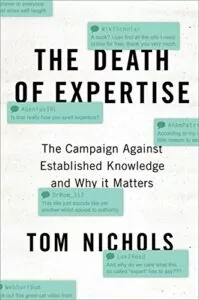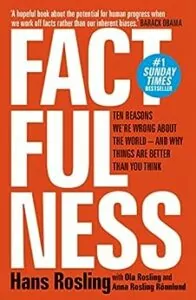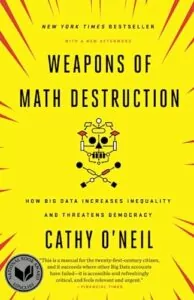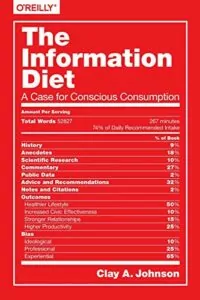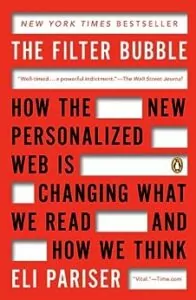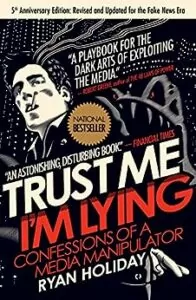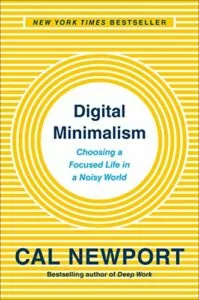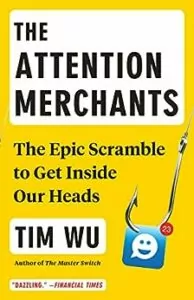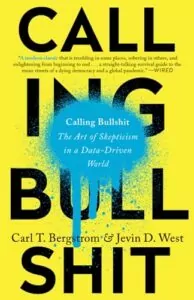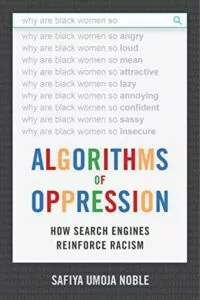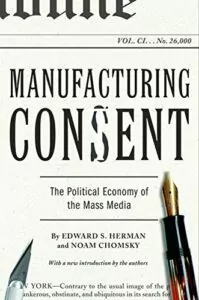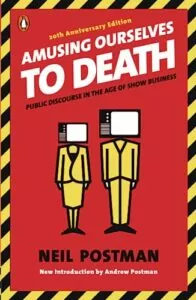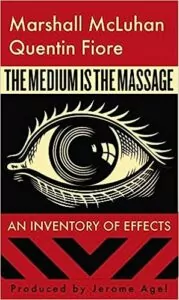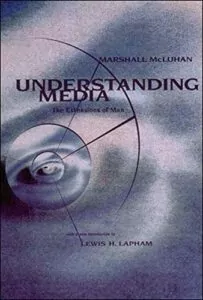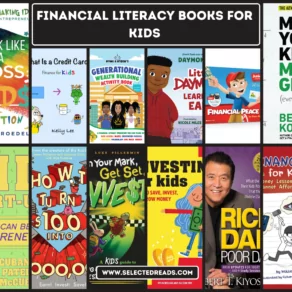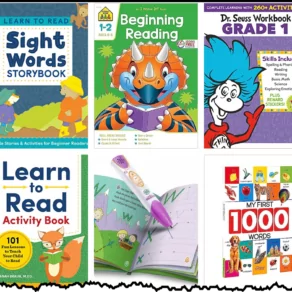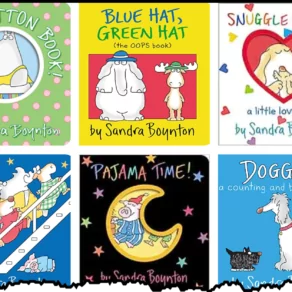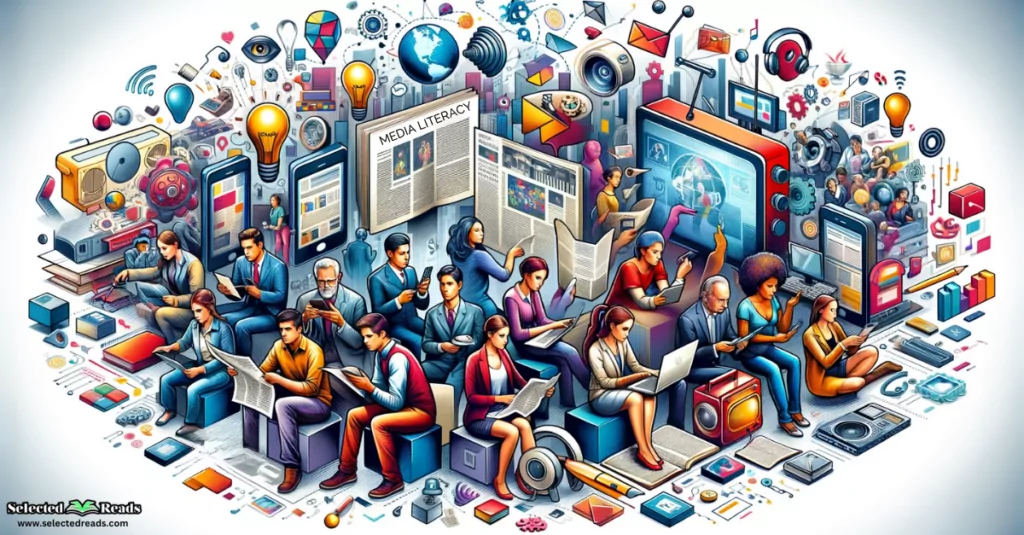
Let’s dive into the world of media literacy, a skill that has become increasingly vital in our digital age. Imagine this scenario: you’re scrolling through your social media feed and come across an eye-catching headline.
Without much thought, you share the article, only to realize later that it was misleading or completely false. This situation is all too common, and it highlights the importance of media literacy. In a world bombarded with information, understanding how to discern reliable sources from misleading ones is crucial.
That’s why today’s blog post is dedicated to media literacy books – a treasure trove of knowledge for those eager to hone this essential skill. The books I’m about to share are more than mere guides; they delve deep into critical aspects of media literacy, including the attention economy, algorithmic biases, and the art of skepticism in our data-driven world. Whether you’re a teacher, parent, or just a curious learner, these books are invaluable tools in your media literacy arsenal.
Media Literacy Books
Here are some good media literacy books to consider:
1. The Shallows: What the Internet Is Doing to Our Brains, by Nicholas Carr
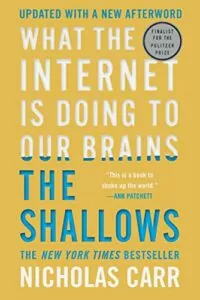
Nicholas Carr’s “The Shallows” is a riveting exploration of the Internet’s impact on our cognitive functions. This book should be on every educator’s reading list because it digs deep into how our constant interaction with the Internet, especially smartphones and social media, may be chipping away at our capacity for deep thought and focus.
2. The Death of Expertise, by Tom Nichols
These days, everyone considers themselves an expert, thanks to Google or some echo-chamber they’re a part of. But Nichols doesn’t just rant about it; he dives deep into the societal implications of ignoring true expertise. This issue isn’t just some abstract, philosophical debate; it directly impacts how we navigate information and make decisions.
Without a fundamental respect for expertise, we’re left trying to build critical thinking skills on a shaky foundation. It’s almost like teaching someone to be a gourmet chef but allowing them to think processed cheese is the pinnacle of culinary achievement. Given this crisis in trust, “The Death of Expertise” makes an invaluable case for why we need to re-emphasize the role of experts in our information consumption.
3. Factfulness: Ten Reasons We’re Wrong About the World, by Hans Rosling
The book is a celebration of clear, data-driven thinking, something that’s severely needed in a world where misinformation is only a click away. If you’re committed to fostering a more nuanced understanding of the world among your students or children, or heck, even just within yourself, “Factfulness” should absolutely be on your reading list.
4. Weapons of Math Destruction, by Cathy O’Neil
“Weapons of Math Destruction” by Cathy O’Neil is a treasure trove of insights into the dark side of algorithms and big data. O’Neil’s work is a real wake-up call. She digs into how algorithms, often seen as impartial, can actually perpetuate inequality, be it social, financial, or educational. O’Neil also warns us that without scrutiny, these algorithms could reinforce existing disparities.
5. The Information Diet: A Case for Conscious Consumption by Clay A. Johnson
You know how so many people obsess over what they eat, counting calories and macros? Johnson says, hey, let’s apply that same rigor to what we consume mentally. Seriously, if you’ve been drowning in a flood of emails, tweets, this book is your life raft.
It’s not just about cutting back on consumption; it’s about being picky, really scrutinizing the quality of information you let into your mental space. Johnson offers some fantastic tips on how to get discerning, which makes this book invaluable for educators looking to instill media literacy skills in their students or for parents who want to navigate the digital world with their kids.
6. The Filter Bubble: What the Internet is Hiding from You, by Eli Pariser
“The Filter Bubble” by Eli Pariser digs deep into how algorithms, although seemingly benign, are actually dictating the content we see and interact with online. If you’ve ever felt like your social media feed is just an echo chamber, this book will confirm your worst fears—and explain why it’s a huge deal.
7. Trust Me, I’m Lying: Confessions of a Media Manipulator, by Ryan Holiday
In “Trust Me, I’m Lying: Confessions of a Media Manipulator,” Ryan Holiday pulls no punches. Offering a first-hand account of the darker aspects of the media landscape, Holiday uncovers how narratives are shaped, twisted, and outright fabricated for clicks, engagement, and profit.
By exposing the mechanics of media manipulation, the book serves as a cautionary tale that underscores the critical need for media literacy today. After diving into this one, you’ll definitely second-guess the next sensational headline that crosses your path. It’s a must-read for anyone keen on understanding the complex manipulation tactics that lurk behind the simple swipe of a news feed..
8. Digital Minimalism: Choosing a Focused Life in a Noisy World, by Cal Newport
In “Digital Minimalism: Choosing a Focused Life in a Noisy World,” Cal Newport doesn’t just diagnose the problems of our hyper-connected lives; he also provides a meaningful solution through the philosophy of digital minimalism. This book is a pragmatic manifesto for those who feel overwhelmed by the incessant noise of social media, emails, and the endless scroll of updates.
Newport argues that by selectively engaging with digital platforms and setting boundaries, you can regain control over your time and attention. This, in turn, fosters an environment where you can more effectively engage with reliable sources and think critically.
9. The Attention Merchants: The Epic Scramble to Get Inside Our Heads, by Tim Wu
Tim Wu’s “The Attention Merchants” is a deep dive into the intricacies of the attention economy, dissecting how every glance, click, and scroll is a commodity that’s traded behind the scenes. Wu exposes how these micro-moments of distraction aren’t accidental but meticulously engineered to keep us engaged, oftentimes at the expense of our cognitive abilities.
10. Calling Bullshit: The Art of Skepticism in a Data-Driven World, by Carl T. Bergstrom and Jevin D. West
In “Calling Bullshit: The Art of Skepticism in a Data-Driven World,” authors Carl T. Bergstrom and Jevin D. West have put together an invaluable resource that serves as a contemporary survival guide for navigating the often convoluted landscape of data, statistics, and yes—….t—that we encounter daily.
With a blend of academic rigor and layman-friendly language, they tackle the pernicious spread of misinformation that often goes viral in our modern world. Equipped with real-world examples, historical context, and plenty of wit, the book dissects various types of data manipulation and rhetoric to reveal the underlying ‘bullshit’ and teaches you how to recognize it. The authors delve into strategies for identifying falsehoods in graphs, statistics, news, and even scientific research.
11. Algorithms of Oppression: How Search Engines Reinforce Racism, by Safiya Umoja Noble
“Algorithms of Oppression” by Safiya Umoja Noble is provides an enlightening perspective on how we perceive the role of technology in social justice. Noble delves into the dark corners of algorithmic decisions in search engines, exposing how they often reinforce racial stereotypes and systemic inequalities. What’s potent about her argument is that she doesn’t just leave it at identifying the problem; she asks us to reconsider how these platforms are designed in the first place.
12. Manufacturing Consent: The Political Economy of the Mass Media, by Edward S. Herman and Noam Chomsky
“Manufacturing Consent” by Edward S. Herman and Noam Chomsky is the kind of read that shakes up your perception of how media works in our society. Herman and Chomsky provide a Propaganda Model that explains how media organizations are not just biased but are fundamentally structured to serve the powerful. It’s not just about this outlet leaning left or that one leaning right; it’s about how the whole system is engineered to manufacture a certain type of public opinion.
13. Amusing Ourselves to Death: Public Discourse in the Age of Show Business, by Neil Postman
Neil Postman’s “Amusing Ourselves to Death” is a seminal work that unpacks the transformation of our public discourse due to the influence of television and other forms of entertainment. With an eerie sense of prophecy, Postman digs deep into how our political, educational, and religious discussions have become a quest for entertainment rather than substance.
14. The Medium is the Massage, by Marshall McLuhan and Quentin Fiore
McLuhan and Fiore argue that it’s not just the message but the medium itself that shapes our experience and our society. With the advent of new technologies, our interactions with media have become both comforting and deceiving.
The book challenges you to look beyond the content and into the very nature of the medium delivering it. Given our current digital age, McLuhan’s words are more pertinent than ever. If you’ve questioned how new media technologies are shaping not just our conversations but also our thoughts and behaviors, this book will offer you some intriguing insights.
15. Understanding Media: The Extensions of Man, by Marshall McLuhan, W. Terrence Gordon
In “Understanding Media,” McLuhan is at his probing best, exploring how different forms of media serve as extensions of human faculties, be it the spoken word or the digital touch. The book serves as a kind of ‘operational guide’ for diving deep into the very essence of media and its impact on society.



